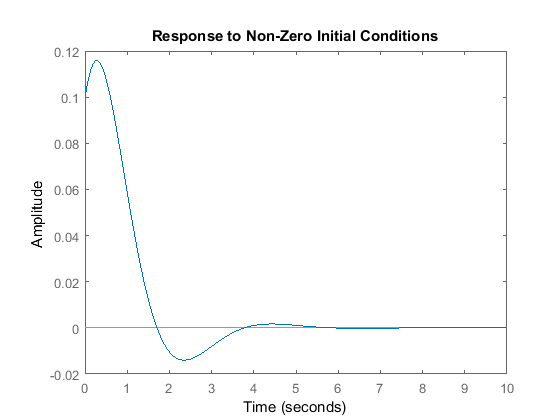16
Random Discussion / Re: What if bytemaster's right ...
« on: December 15, 2015, 08:45:11 pm »
I think the statement that everything is "cause and effect" may be misleading. Can something simply exist without cause? We know that the very first thing in the "cause->effect" chain must have no cause.
For starters cause and effect assumes time is real and not an illusion. If you remove time from the equation there is no cause / effect.
If we are to say that everything in life is not "cause and effect", and timelessness is the ultimate basis of truth, then should we not remove it completely from our vocabulary. If not, every time we use the word why or cause, then were being contradictory, because we are using a word that we believe is not really there?
All of history is merely a memory in the present moment much like all of the future is merely a dream in the present moment. Neither the past nor the future can be proven to exist. All we know right now is that you have a "memory" of something but that memory does not make that "something" real.
The Piano Problem: Why when a man reaches for the piano the first time, can't he play that tune that he heard on the radio, although he already knew how to do so years in the future. Why would it instead months and years of recollected practice to reach that point of mastery?
The question that bears to mind is, since we are in fact non-linear in nature, why do we extrapolate the world linearly. Why are we somehow locked in one frame of time?
Time is relative, and flexible and, according to Einstein, "the dividing line between past, present, and future is an illusion". So reality is ultimately TIMELESS. This sounds pretty bizarre from the view of classical physics, but from the view of consciousness theory and spirituality, it fits in perfectly.
The Greeks commonly held this belief, as they saw mind was good and the body was bad. At the point of death, the mind was suppose to transcend the body. Both Einstein and the Greeks believed in an eternal universe. As a philosophical humanist, Einstein was extremely wedded to the idea that the universe was static and unchanging, and thereby eternal. His own theory of general relativity indicated that the universe must be either expanding or contracting. Unable to believe what his own equations were telling him, Einstein introduced a cosmological constant (a "fudge factor") to the equations to avoid this "problem." This mistake would not serve him well, when Edwin Hubble took Einstein to his observatory and showed Einstein that the Universe was in fact expanding and similarly enough did have a beginning. Einstein would admit to his mistake and called it the biggest blunder of his life.





